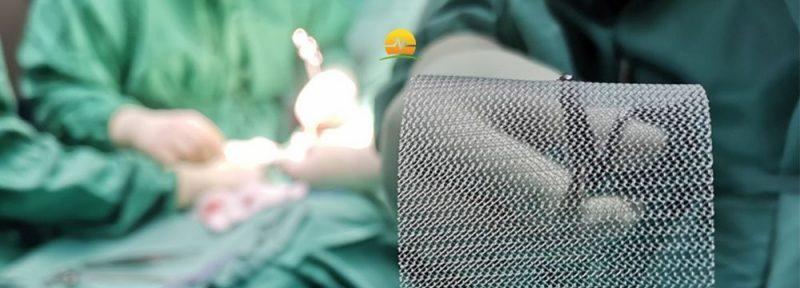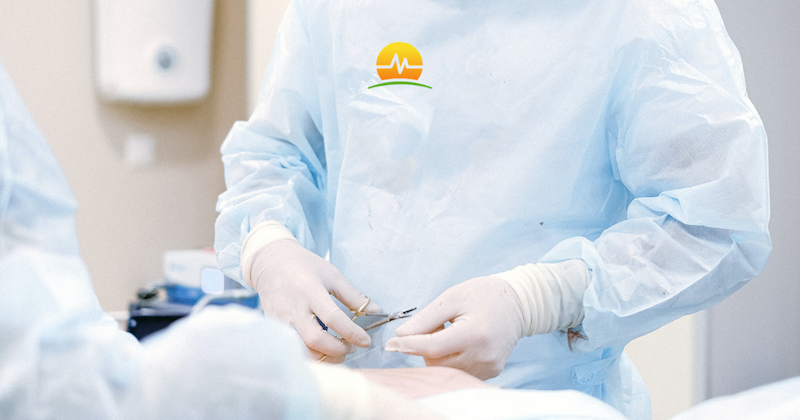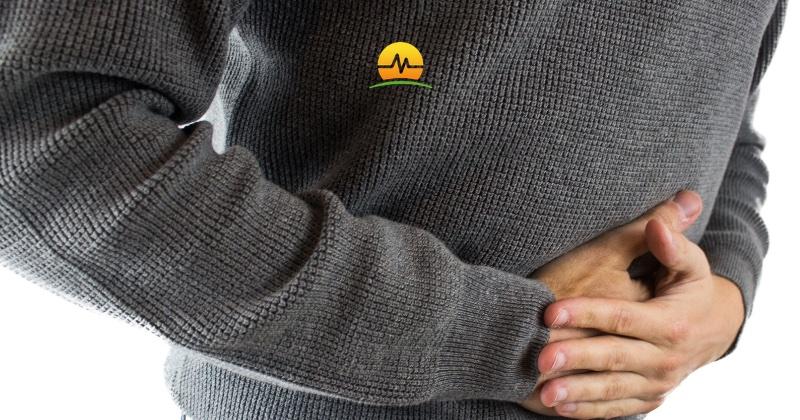
Hernias, especially the inguinal kind – those that occur in the groin – are very common. It is estimated that approximately 25% of all men will develop an inguinal hernia over their lifetimes. However, only a fraction of these hernias will ever be found. This is because not all hernias present with symptoms, and even if an asymptomatic hernia is discovered incidentally, it does not necessarily require treatment.
Many patients who have the option of alternately undergoing a hernia procedure or waiting to have surgery are concerned about the pain associated with the process. To understand more, we must discuss a few concepts, including why patients would experience pain during or after hernia surgery and what patients should consider when proceeding with hernia surgery.
Reasons Why Hernia Surgery Might Be Painful
Hernia surgery is minimally invasive but still represents significant surgery that includes incisions in the abdomen. Any time the skin and musculature are perforated, it will come with some pain. Now, it is essential to remember that everyone has different pain thresholds. Some patients may experience significant pain and require narcotic medication, while others may not experience much pain at all and manage any post-operative discomfort with Tylenol. It is important to remember that the minimally invasive nature of hernia surgery has dramatically reduced the pain a patient will experience versus the single open incisions of old. Most of our patients are surprised at how little pain they experience after surgery, having fully expected more discomfort.
The Pain From the Hernia Itself
Hernias are progressive conditions, meaning that they get worse over time. What may start as a painless lump in the abdomen can begin to hurt. The degree of pain a patient experiences before surgery is usually predictive of the pain they will experience post-surgically. As such, we often suggest that patients experiencing heaviness, burning, or painful sensations at the site of their hernia consider having the defect repaired sooner rather than later to avoid longer-term pain.
Chronic Pain
If you have researched hernia surgery, especially inguinal hernia surgery, you will most certainly come across chronic pain. This is a genuine possibility after surgery. However, much of the data used to develop these statistics does not consider the latest advances in mesh and surgical technology. Today, self-adhering light, thin meshes have been designed to avoid potential problems with excessive inflammation and affixing tacks to musculature, which can irritate nerves. Once again, the minimally invasive technique has also reduced the likelihood of chronic nerve pain since a single large incision made with a sharp scalpel is no longer necessary. Instead, we use blunt dissection to access the surgical area.
So, Who Should Get Hernia Surgery?
Ultimately, the best candidates for hernia surgery include:
- Younger patients with a higher risk of incarceration or strangulation and a lower risk of surgical complications.
- While the hernia defect may not be painful, older patients who have seen their hernia progress and enlarge.
- Any hernia that is painful and symptomatic beyond mild discomfort. Remember that incarcerated and strangulated hernias need to be treated emergently. If your hernia cannot be reduced back into the abdomen or if you experience significant pain at the hernia site, including redness, heat, and fever, you need to get to the emergency room immediately.
While inguinal hernias have a relatively low strangulation rate, patients with femoral hernias – bulging in the upper thigh – have a much higher potential for strangulation – by some estimates upwards of 20%. Thus, these patients must be taken to surgery as soon as possible.
To receive a proper hernia diagnosis and begin the process of treatment, please schedule an appointment with our office to visit a consultation with one of our surgeons. For most, treating a hernia involves a straightforward surgical procedure performed on an outpatient basis. Most patients return to limited activity soon after surgery and regular activity within 6 to 8 weeks.






